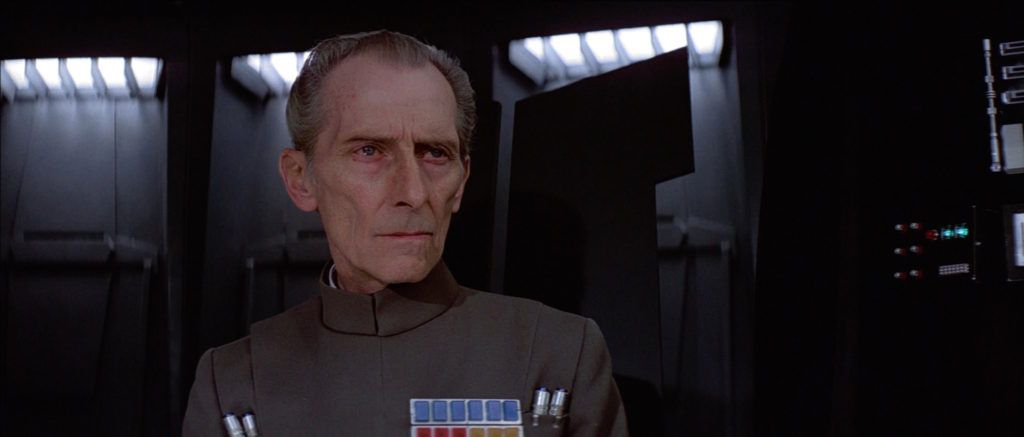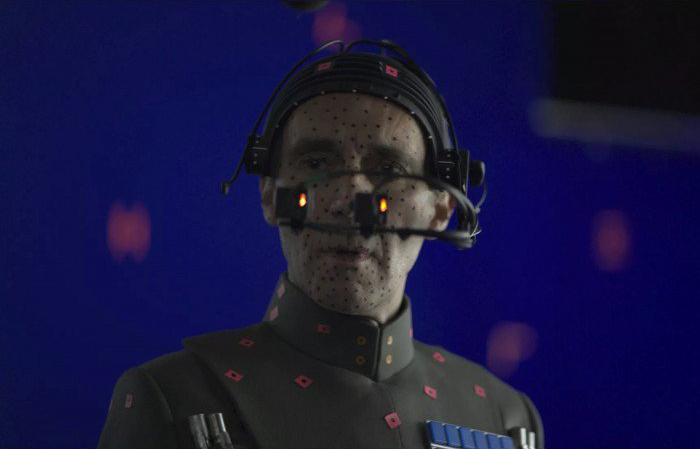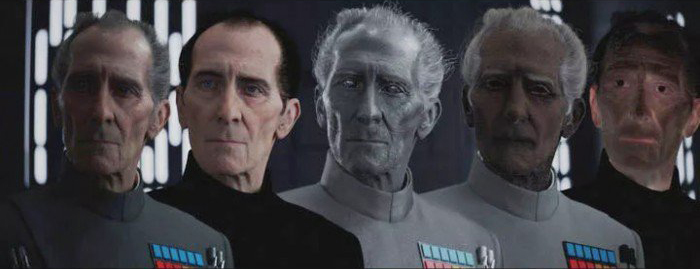Category: singularity – Page 79

Living Forever: What it Means to Have an “Indefinite Lifespan”
Can science really enable us stick around on Earth forever? Experts haven’t developed ways to make us invincible, immortal beings who are unsusceptible to physical trauma or starvation. However, studies have been going on to make aging just another preventable disease. Effectively stalling the deterioration of our bodies would then mean humans could live indefinitely.
Peter Diamandis, co-founder of San Diego-based genotype research facility Human Longevity, Inc., spoke at the Singularity University in California last September about challenging aging and the deterioration of the body. The key to unlocking an indefinite lifespan was to improve the repair mechanisms of the body, said Diamandis. His research teams consider the possibility of using stem cells or nanomachines to regenerate our bodies.
Last year, researchers from the Stanford University School of Medicine have used chromosome extensions that dramatically increased the rate of cell division, a growth mechanism of our bodies that weakens over time. The development hints at a chance to turn back the biological clock.

Could Synthetic DNA Be the Next Tech Breakthrough?
Is Synbio the next big thing? Hmmm; depends. If we’re talking about ensuring that we have a solid foundation/ infrastructure (including platforms; etc.) on QC 1st then with the existing evolution and maturity of the fundamentals around Synbio as a 1st step; then accelerating the further maturity of Synbio into creating super humans and singularity? My answer is yes. If we’re not even considering that we need QC and just focused on Synbio only; my answer is No as QC will be required as a foundation for things like real Humanoid AI, cell circuited humans/ super humans, etc.
Why we might soon be buying silk, wood, and more fabricated out of genetic code.

Singularity CGI
Carrie Fisher just died but she will likely come back to life because the Singularity is Near and is bringing Singularity CGI with it!
Bringing the dead back to life
In the latest Star Wars movie, Rogue One, five characters were brought back as they would have looked between episodes 3 and 4 of Star Wars. They were Princess Leia, Grand Moff Tarkin, Dr. Cornelius Evazan (who said “I have the death sentence on twelve systems” in episode 4), General Dodonna, and Mon Mothma. General Dodonna and Mon Mothma were brought back with the traditional method of using actors who looked similar to the original actors. The other three were brought back with CGI (computer-generated imagery), more specifically CGI enhanced with motion capture.
(He looks better because he had more screen time so they spent more money on him.)
Motion capture has been used for a while including depicting Gollum in Lord of the Rings and all the apes in the latest Planet of the Apes movies but Grand Moff Tarkin was considered possibly too hard to do with today’s technology because people are better at seeing flaws in CGI humans than CGI apes and CGI twisted hobbits.
Here is how Grand Moff Tarkin was created:
English actor Guy Henry (Harry Potter) wore motion capture materials on his head so that his face could eventually be replaced with a digital likeness of Cushing’s (the original actor for Moff Tarkin). He was picked because he had a similar build and stature as Cushing and was able to speak in a similar manner.
(credit: Industrial Light & Magic/Lucasfilm)
John Knoll, the chief creative officer at Industrial Light & Magic, wasn’t sure they were going to be able to pull this off. He said, “We did talk about Tarkin participating in conversations via hologram, or transferring that dialogue to other characters.” Tarkin ended up looking pretty good (actually fooling some critics!) although Dr. Evazan looked even better for his scene mostly because his distorted face doesn’t look completely human.
(credit: Industrial Light & Magic/Lucasfilm)
Nvidia
Was this CGI good enough to envision Princess Leia having a significant role using this technology? Probably not. But something amazing happened in 2016. Nvidia completed an over $2 billion project to develop a new class of graphics/AI chips. An example of how good they were is that the new version of the Nvidia Titan X can do AI (artificial intelligence) 566% faster than the previous Titan X that was only released a year before. This $1,200 card is so popular that half a year after its release Nvidia is still rationing this card to two per customer. (Disney gets to use Nvidia cards that are even more powerful than the Titan X!)
Why does Nvidia matter to Star Wars fans? Because Nvidia’s chips power the CGI in virtually all movies. Nvidia is now making 100% of the profits of all companies selling graphics cards, with their chips being put into everything from Nintendo’s newest console to every Tesla car currently being built. This has caused Nvidia to soar in value, with their stock over tripling in 2016. This means that Nvidia is going to be able to spend a lot more than $2 billion on their next generation of graphics/AI chips! (Nvidia has found a way to use about the same architecture for AI chips and regular graphics chips.)
Not only is Nvidia’s new graphics/AI chip design affecting movies but they are helping make Ray Kurzweil’s prediction of human equivalent AI by 2029 a reality. Nvidia’s CEO Jen-Hsun Huang said, “AI is going to increase in capability faster than Moore’s Law. I believe it’s a kind of a hyper Moore’s Law phenomenon because it has the benefit of continuous learning. It has the benefit of large-scale networked continuous learning. Today, we roll out a new software package, fix bugs, update it once a year. That rhythm is going to change. Software will learn from experience much more quickly. Once one smart piece of software on one device learns something, then you can over-the-air (OTA) it across the board. All of a sudden, everything gets smarter.”
Singularity CGI
Nvidia’s improved chips are part of a three layer accelerating returns juggernaut that is affecting CGI and which we will call Singularity CGI.
Layer one of Singularity CGI is better hardware with Nvidia having just switched from 28 nanometer transistors to 16/14 nanometer transistors. (They are getting 16 nanometer technology from TSMC and 14 nanometer from Samsung.) A 14 nanometer part is only 140 atoms wide! Both Samsung and TSMC will be producing 10 nanometer parts in 2017, with large Nvidia parts likely in 2018. (The 10 nanometer parts in 2017 will be for companies like Apple who don’t need large, complex chips as Nvidia does.)
Layer two of Singularity CGI is better Nvidia designs which is what Nvidia just spent over two billion dollars on. Layer three of Singularity CGI is better software. An example of this exponentially improved software is that Disney Research and Carnegie Mellon University scientists have found that three computer vision methods commonly used to reconstruct 3D scenes produce superior results in capturing facial details when they are performed simultaneously, rather than independently.
“The quality of a 3D model can make or break the perceived realism of an animation,” said Paulo Gotardo, an associate research scientist at Disney Research. “That’s particularly true for faces; people have a remarkably low threshold for inaccuracies in the appearance of facial features. PGSF (photogeometric scene flow) could prove extremely valuable because it can capture dynamically moving objects in high detail and accuracy.”
Conclusion
The growing power of Singularity CGI means that when Disney is ready to release episode 9 in 2019, Disney will be able to use much more powerful Nvidia cards and more sophisticated software to bring Carrie Fisher back to life to finish her story whose first two parts were in The Force Awakens (episode 7) in 2015 and episode 8 in 2017. (Carrie already filmed her scenes for episode 8.)
To increase the chance of success of creating a realistic Carrie Fisher, Disney will even be given $50 million thanks to insurance through Lloyd’s of London to fund this effort. May the force be with us!
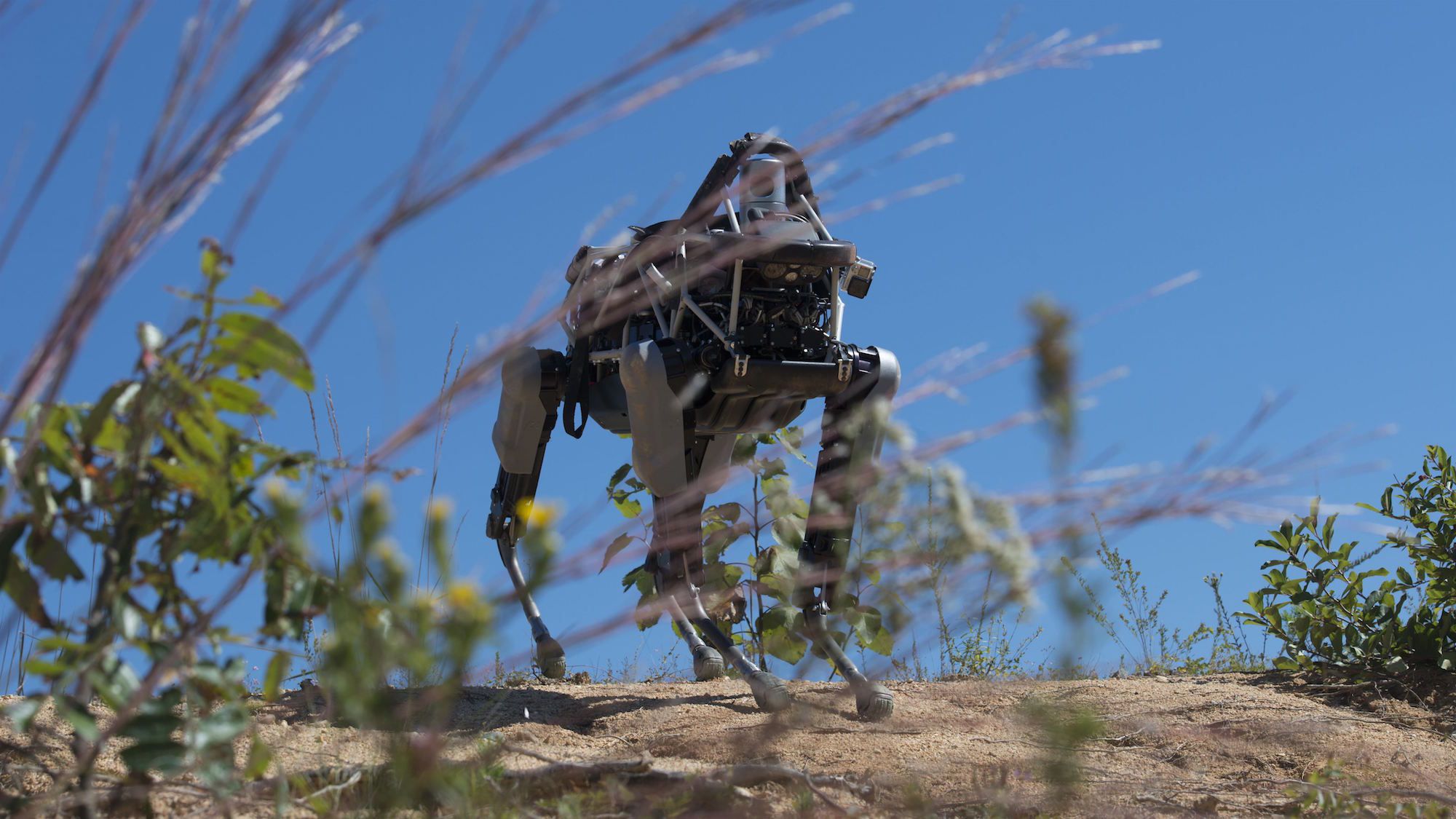
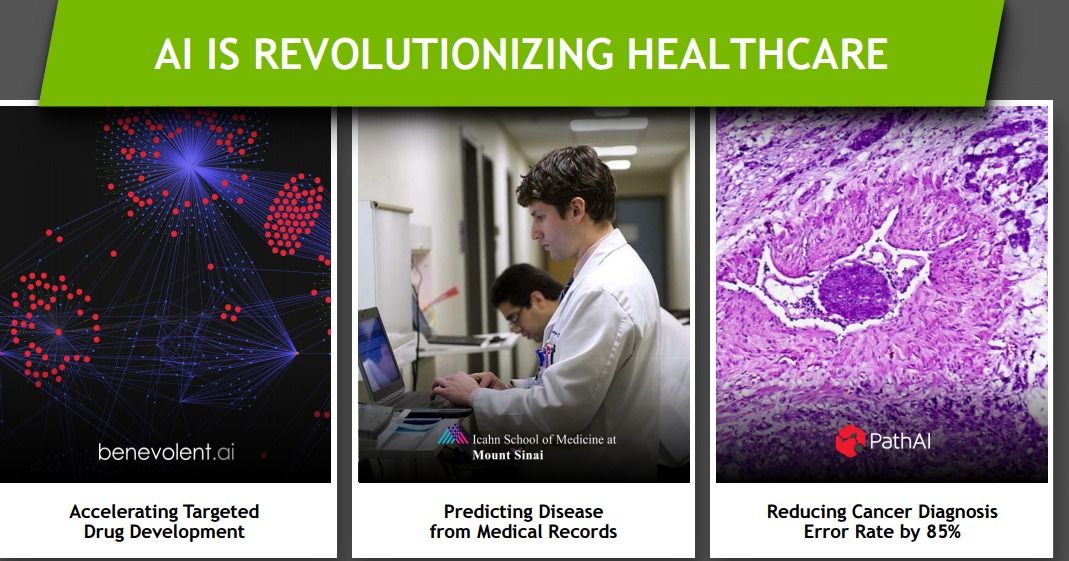
What does being on track for the predicted Technological Singularity mean and are we on track?
Ray Kurzweil is famous for his vision and prediction of a Technological Singularity by 2049 Although whenever Ray predicts a date like 2049, based on Kurzweil’s own past reviews of his predictions, he gives his predictions ten years late or early to develop. So by Ray’s personal standard his prediction timing of being correct on the Technological Singularity would be if it happened in the 2041 to 2059 time window. Usually his predictions are based upon exponential developments and progress, so he rarely would make an error in predicting something happening too early.
The technological singularity is the hypothesis that the invention of artificial superintelligence will abruptly trigger runaway technological growth, resulting in unfathomable changes to human civilization.
Some use “the singularity” in a broader way to refer to any radical changes in our society brought about by new technologies such as molecular nanotechnology, although Vinge and other writers specifically state that without superintelligence, such changes would not qualify as a true singularity.
Aubrey de Grey: Indefinite Lifespans And Rationalizing Death
Aubrey and Kurzweil.
Don’t miss new Futurology videos! Subscribe by clicking here : https://goo.gl/wzFPRK
Enchance your focus and concentration like you never thought possible : http://bit.ly/2iPoRWl
Watch other videos :
This Is How Quantum Computing Will Change The World: https://youtu.be/0Hlssbyc49o
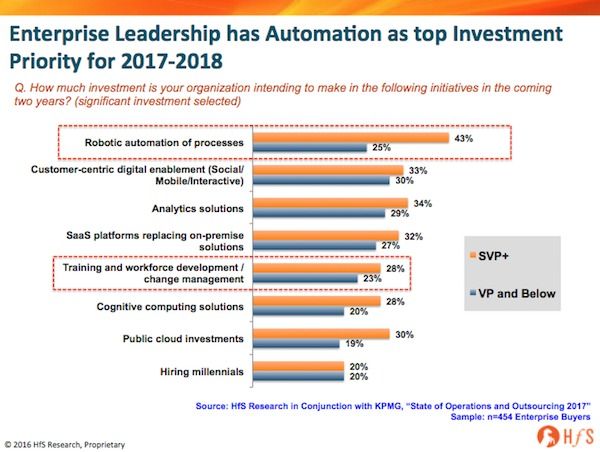
Let’s cut to the chase – there have never been times as uncertain as these in the world of business
There is no written rule-book to follow when it comes to career survival. The “Future of Work” is about making ourselves employable in a workforce where the priority of business leaders is to invest in automation and digital technology, more than training and developing their own workforces.
As our soon-to-be-released State of Operations and Outsourcing 2017 study, conducted in conjunction with KPMG across 454 major enterprise buyers globally, shows a dramatic shift in priorities from senior managers (SVPs and above), where 43% are earmarking significant investment in robotic automation of processes, compared with only 28% placing a similar emphasis on training and change management. In fact, the same number of senior managers are as focused on cognitive computing as their own people … yes, folks, this is the singularity of enterprise operations, where cognitive computing now equals employees’ brains when it comes to investment!
Is it Possible to Defeat Death? SENS Research Over 9000!
Dr. Aubrey de Grey on the case again in this amusing video.
Dr. Aubrey de Grey in a new video where people ask questions via Twitter. It is a bit tongue in cheek and sorry about the title but hopefully you will enjoy it,
If you liked this video and agree that eliminating age-related diseases is a good idea please consider visiting our website and making a donation for science on the link below:

Why we are still light years away from full artificial intelligence
The future is here… or is it?
With so many articles proliferating the media space on how humans are at the cusp of full AI (artificial intelligence), it’s no wonder that we believe that the future — which is full of robots and drones and self-driven vehicles, as well as diminishing human control over these machines — is right on our doorstep.
But are we really approaching the singularity as fast as we think we are?
